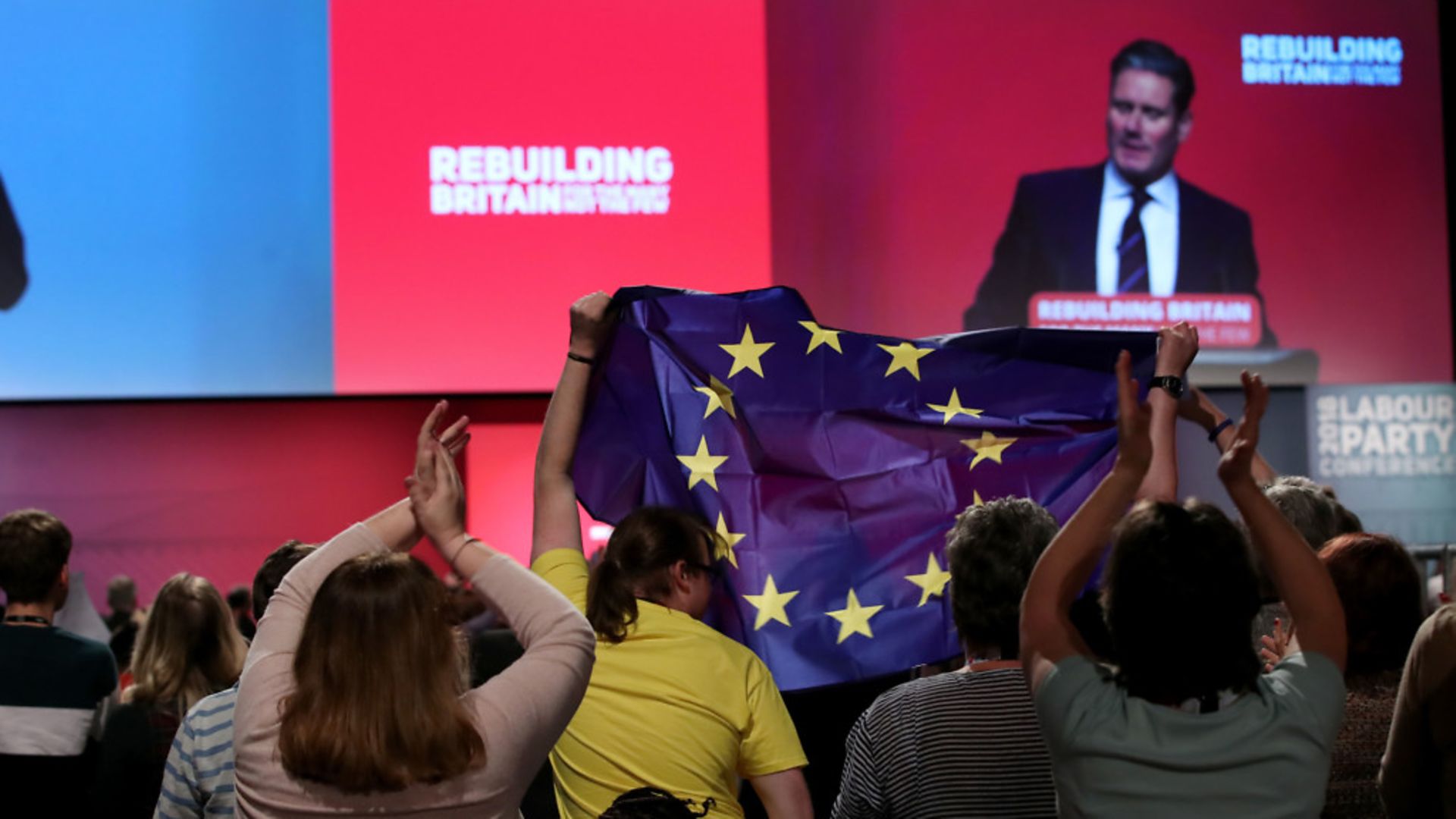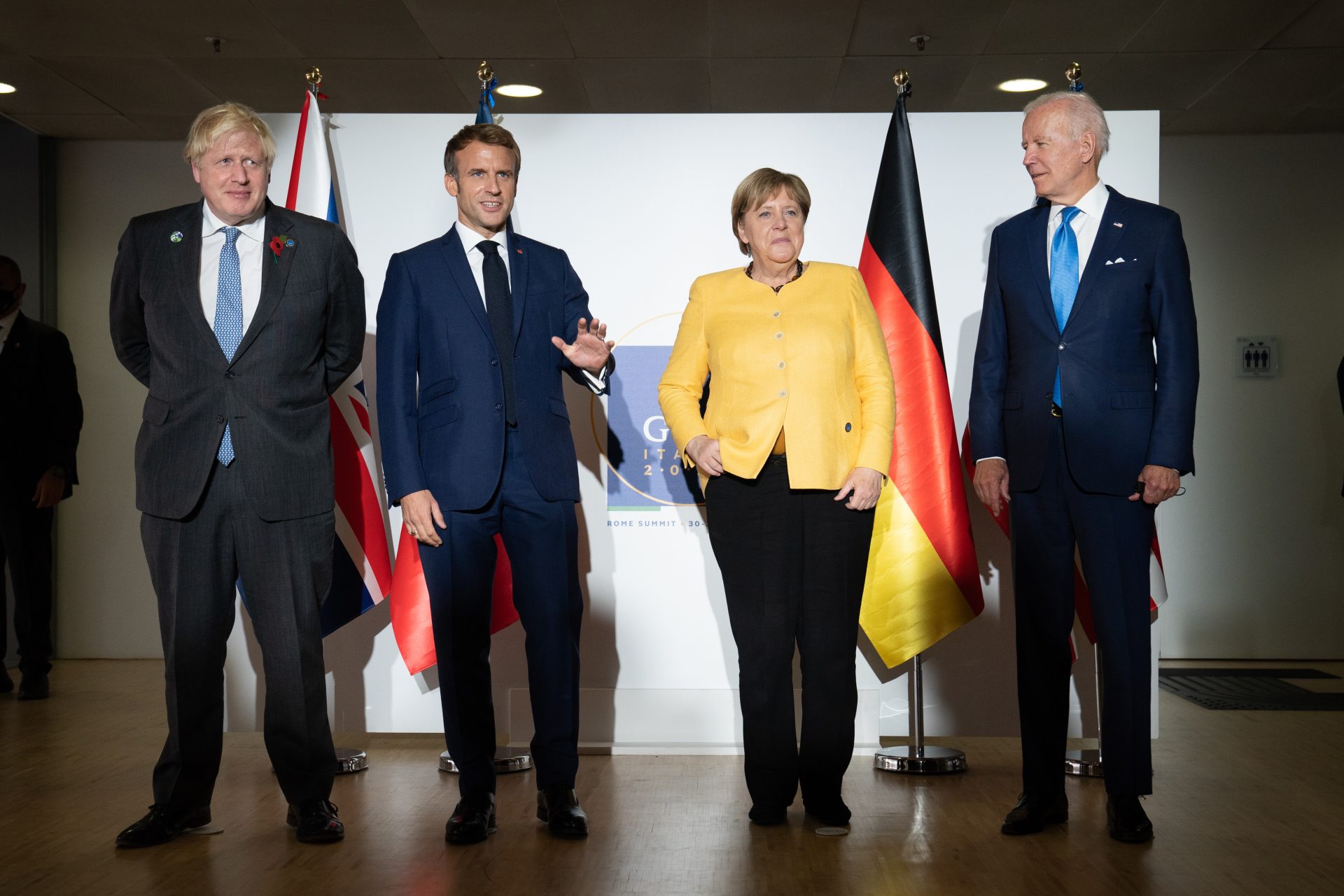Keir Starmer’s six tests for the Brexit deal, based on promises made by the Leave campaign, are still Labour policy. They were:
Does it ensure a strong and collaborative future relationship with the EU?
Does it deliver the “exact same benefits” as we currently have as members of the single market and customs union?
Does it ensure the fair management of migration in the interests of the economy and communities?
Does it defend rights and protections and prevent a race to the bottom?
Does it protect national security and our capacity to tackle cross-border crime?
Does it deliver for all regions and nations of the UK – Scotland, Wales, NI and England?
As far as I can see, our current Brexit deal fails to meet any of these tests.
When will Starmer and the Labour Party start looking at how the six tests measure up with the nightmare Brexit that has actually been imposed on the UK?
Sally Churchill
Pontypridd, South Wales
Piers reviewed
May I commend Will Self’s article on public protest and Piers Corbyn (TNE #266).
In the 1970/1980s I worked for a health food co-operative in Camden; a group of us including Piers went down to the town hall in Kings Cross to protest about empty housing in our borough.
He and I went into the building to find it almost empty of council workers; Piers started taking down signs from the doors of the offices; treasurer, housing and other signs. It was a facile attempt at anarchy that would only bring our justifiable objections into disrepute.
My view is that Piers is an educated numbskull.
John Reid
Hove
Border cannot be denied
The argument used by Ed Kelly (Letters, TNE #266) that most people don’t want a border on the island of Ireland because of how they voted in the 2017 Stormont elections doesn’t survive contact with legal reality.
By that logic, the fact most people vote SNP in Scotland should mean Scotland is now an independent state.
It is not and will not be until the outcome of a legally binding referendum sees the people of Scotland choose independence.
Until then, the legal fact is Scotland remains part of the UK.
The dishonesty of politicians from all sides, on the Irish border, does not change the legal fact that, until or if, the people of NI and the Republic hold a legally binding referendum where they both vote in favour of replacing NI and the Republic with a new state, the legal reality is that NI is part of the UK and not in the EU, while the ROI is part of the EU and the legal reality is that the EU/UK border is the ROI/NI border.
Being honest that the border is on the island will not help or hinder the debate on the future of the island.
It will be one of the countless factors that make up that debate.
Desmond FitzGerald
Canary Wharf, London
Coke is it
TNE is right to major on the dominance of China (“A future made in China”, TNE #266).
This is why the prime minister is so foolish to delay the coke coal mine in Cumbria.
Steel is the sine qua non for nuclear power plants and railways, and coke coal is needed for steel. Would the prime minister rather pay good money to China and import their coke coal?
John Barstow
All pain for no gain
I enjoyed Nigel Warburton’s thoughts on pain in Everyday Philosophy (TNE #265). I’d like to suggest another motivation: inflicting pain on others – especially those perceived to be “the enemy”.
The more the Remain campaign talked up the benefits of EU membership, the more hardened some Brexiteers seemed to become. I suspect that hearing people talk about the wonders of freedom of movement, for example, only made them more determined than ever to “take them down a peg or two” – even if there’s a personal cost involved.
Perhaps that personal cost appears “worth it” if others who are succeeding are seen to suffer too? In America, I believe they call this “owning the Libs”.
I’d love to know if there’s been any research into why people would revel in causing such harm to their fellow countrymen.
Paul Pschierer-Barnfather
Chester
Not much COP
What hope of lasting success from COP26 when this government’s organisers cannot foresee that wheelchair access might be needed in Glasgow?
How embarrassing that Israeli minister, Karine Elharrar, should have to return to her hotel unable to get access to the building. Just another example of the sheer incompetence of the government.
John Slate
West Moors, Dorset
Sewer feeling
If we were still in the EU, it is likely that pumping sewage into our waterways would attract opprobrium and even, possibly, a fine.
We are told that the Victorian system would cost billions to upgrade. How far would the billions spent on HS2 take us?
Bryan Ferriman
Kenilworth
D’Hondt do it!
You might have noticed that the Dutch have made another record; 226 days to put together a four-party coalition government. The previous record was in 2017, when it took 225 days. The Dutch use the same proportional voting system as the UK used in EU elections; the D’Hondt invented by a French academic in the 19th century. And like all proportional systems, it is conditional on being regulated by mandatory attendance at the polls.
However, neither country uses mandatory attendance and rely instead on high turnouts to get proportional results.
Successive Dutch results have produced near-proportional outcomes because turnouts have been in the high 70%s to the low 80%s. However, the system as used is fake irrespective of turnout.
Unfortunately, in the UK the European parliament elections resulted in low turnouts, averaging 35% with the Brexit Party topping the 2019 poll (37.18% turnout) with 30.5% share of the vote, but allocated 39.7% share of the seats, amounting to five more seats than it was proportionally entitled to.
The Lib Dems came second with 19.6% and 21.9%, while Labour held the fulcrum position with 13.7% and 13.7%. The Green Party came fourth with 11.8% and 9.6%, while the Conservative Party came fifth with 8.8% and 5.5%.
The D’Hondt voting system produces proportional outcomes on the basis of high turnouts, which is why proportional systems are conditional on being regulated by mandatory attendance.
But the system is peculiar because it favours the parties with the highest turnouts while giving minor parties a small chance of acquiring seats, which is why on low turnouts the disparity in the share of seats is pronounced.
Kenneth Jarrett
Bournville
Fruits of passions
Reading Mark Mardell’s “The night that passion paid off”, (TNE #265) produced painful struggles with my conscience.
How many others reflected on, “For decades those who believed in the European project rarely had much stomach for battling for hearts and minds?”
How many others, when canvassing for their political party were told, “Don’t talk about the EU. The voters don’t like it.” How many millions of leaflets were delivered over decades that said nothing about the European Project? Where indeed was our passion and foresight?
I’m reading Mephisto by Klaus Mann. Written in 1936, Mann’s narrator reflects on Germany and displays passionate foresight: “It’s just beyond belief – the world has never seen the like! Is there a crisis? Are there unemployed? Is there a struggle for power? Was there any republic that lacked not only self-respect but even the instinct of self-preservation when challenged by its most insolent and savage enemies before the eyes of the world?”
Our future’s history will not excuse us: 21st-century fascism fuels prejudices and grievances across a planet threatened by those with vested interests in minimising the actions required to save it. Populism’s passionate lyrics still resonate across the USA and Europe.
In 1936 Klaus Mann asked, “Must men become savages again?” The answer was yes, and the European project emerged from that savagery. The rise of 21st-century fascism, contemporaneously with our planet’s climate extinction crisis, asks the same question of us.
“Must men become savages again?” The answer can be NO – but only if we are passionate enough.
Ian G L Jones
Middlesbrough
Mark Mardell writes interestingly on the Commons voting 50 years ago to take Britain into the Common Market, and the deeply emotional effect that the decision had on a notoriously reticent PM.
His article caused me to re-read the remarkable “back story” of Edward Heath, and appreciate his many talents and achievements.
He was a great man, albeit with flaws, such as petulance. However, unlike the current PM, who has needlessly destroyed his European dream, Heath by contrast was courageous, industrious, principled, serious and imbued with a deep patriotism.
For Remainers who want to honour Heath and mourn our EU membership loss, I recommend a visit to Arundells, his former home, in Salisbury’s Cathedral Close.
This glorious house, contents and gardens are open to the public, by arrangement.
Tim Fearon
Sherborne, Dorset
• Have your say by emailing letters@theneweuropean.co.uk. Our deadline for letters is Monday at 9am for inclusion in Thursday’s edition. Please be concise – long letters may be edited before printing.



